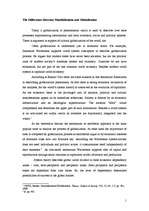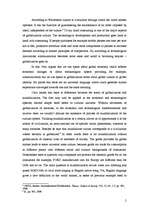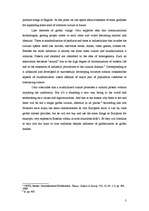-
The Differences Between Mundialisation and Globalisation
Szint:
Főiskola/egyetem
Irodalom:
–
Referenciák:
Használatban
Küldés e-mailben
Az Ön neve:
Adja meg az e-mail-címet, amelyen meg szeretné kapni a linket:
Üdv!
{Your name} szerint érdemes lehet megtekinteni ezt a dokumentumot az eKönyvtárban „The Differences Between Mundialisation and Globalisation”.
A dokumentumra mutató link:
https://www.ekonyvtar.eu/w/723916
A dokumentumra mutató link:
https://www.ekonyvtar.eu/w/723916
E-mail elküldve



